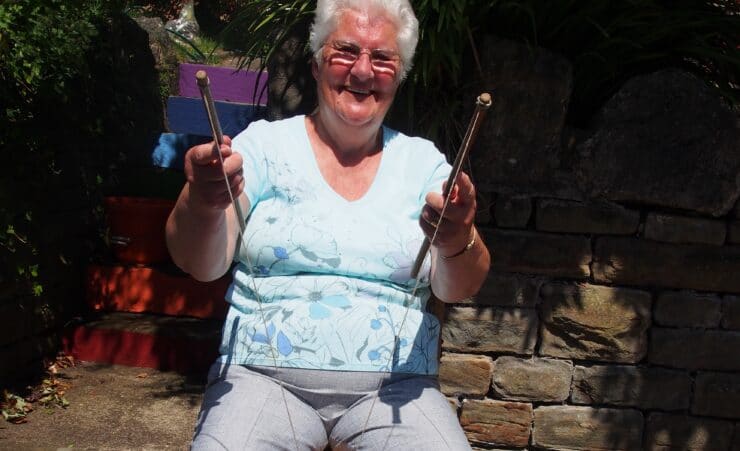
What the key findings from The Charity Digital Skills Report mean for charities and funders
Many of the charities and funders we work with are grappling with digital skills for themselves and the communities they support. Zoe shares the latest view of how the voluntary sector as a whole are engaging with tech.
Where is the sector now after the digital upheaval from covid-19? That’s the question we have tried to answer in this year’s Charity Digital Skills Report, our annual barometer of where charities are at with digital.
The path out of the pandemic was always going to be a rocky and unpredictable one, but it has been made even more so by the rising cost of living and the invasion of Ukraine. In their responses charities were keen to highlight their funding and support needs on the road to recovery. What hasn’t changed through this period, however, is charities’ commitment to digital, which has become a significant part of their future plans. 82% see digital as either a much greater or more of a priority than before.
Charities have made some encouraging progress with digital since last year when we released our 2021 report. More than half (56%) have a strategy for digital. 73% of charities are delivering digital services, either through third party platforms (such as Zoom) or by developing their own solutions. More charities are looking into choosing suppliers who share their ethics and values. In 2021, 35% were looking at this; 55% are now interested in this. More than half (52%) are changing the way they are working to improve remote working, with 35% rating this as a key priority.
As we can see from these stats, there are good signs of digital progress, which I suspect would have happened far more slowly without the galvanising force of the pandemic. And there is appetite for further change.
Yet there are barriers to progress for both charity leaders and funders to consider. Upskilling staff and volunteers is the second greatest barrier to digital progress, faced by 38% of charities. Almost two thirds (64%) of boards’ digital skills are either low or have room for improvement. In the five years since we began this report these numbers have barely changed, despite the pandemic. How are trustees going to provide oversight, strategy and support for digital if they don’t have the right skills? I urge any charity that doesn’t already have a digital trustee to find one through Reach Volunteering and Third Sector Lab Digital Trustees’ initiative.
Charities are also looking for more support from funders, and they have a critical role to play. For instance, there is a growing skills gap between small and large charities, and the support of funders could not only help close this but also enable the sector to take the next steps on its collective digital journey.
74% of charities told us that their digital funding needs increased over the last year (with a third saying they increased significantly). Despite this, 45% of charities haven’t been able to access funding for their digital needs. Our report revealed that they want funding for core digital costs, digital roles and skills – and this need was similar for both large and small charities. But 4 out of 10 charities told us that they struggle with funding applications because they are not sure what digital costs they will have at the point of application, don’t understand if they can include ongoing digital costs or cannot include core digital costs.
It’s clear that not only what type of grants funders provide but how they offer guidance for their applications will be vital in overcoming barriers and developing digital within charities – and funders may find the adoption of Open and Trusting Grant-making a good way of achieving this. Recognition that funders, too, need support to better fund digital is an important step in changing things. That’s why we developed a checklist of ten key things funders need to consider when exploring how they can fund digital, from investment towards core costs, to support for experts. It takes the form of a funders’ pledge that we hope funders will sign. We are delighted that The Clothworkers Foundation have already signed up to this pledge, which is also being supported by Catalyst. If any funders reading this would like to look at signing up to the pledge or want more information on what the findings mean for them, please contact me on: zoe@zoeamar.com
To conclude, our report reveals that we’ve had another year of digital change across the sector. Charities need the fuel for the next leg of their journey though, which consists of funding, leadership, governance, strategy and a clear vision of what success looks like. We hope that the sector will see the report as a call to put these things into action, and we are excited about seeing whether the needle has moved in the 2023 report.
435 charities completed the Charity Digital Skills report, with over half of the responses coming from CEO or senior leaders.


